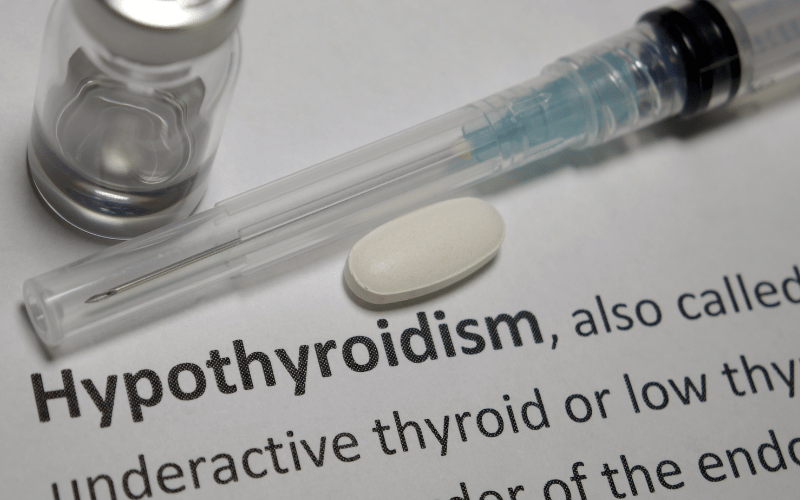Cause 10: Endocrine Disorders

Endocrine disorders, while primarily impacting hormone production and regulation, can have a ripple effect on various body systems, including oral health. The mouth, a sensitive indicator of systemic health, often exhibits symptoms before they manifest elsewhere.
Conditions like hypothyroidism, hyperthyroidism, or Addison’s disease can alter the oral environment. Changes in saliva composition, alterations in the oral mucosal barrier, and even shifts in the microbial balance can occur with these disorders. These changes provide a window of opportunity for Candida to grow and lead to oral thrush.
For instance, diabetes, an endocrine disorder, is notorious for predisposing individuals to oral issues, including thrush. Elevated sugar levels in the saliva can provide a rich nutrient source for Candida, allowing it to thrive.
Managing endocrine disorders involves a multi-pronged approach. Regular monitoring, medication, and lifestyle changes are often recommended. However, what many might overlook is the importance of oral health in this equation.
Routine dental check-ups, coupled with a rigorous oral hygiene regimen, can help mitigate the risk of oral thrush. Informing the dentist about any endocrine disorders is also vital, as they can then tailor advice and treatments accordingly. While endocrine disorders might seem worlds away from oral health, the connection is undeniable. Recognizing this link and adopting a holistic approach to management can pave the way for better overall health and a reduced risk of complications like oral candidiasis. (10)